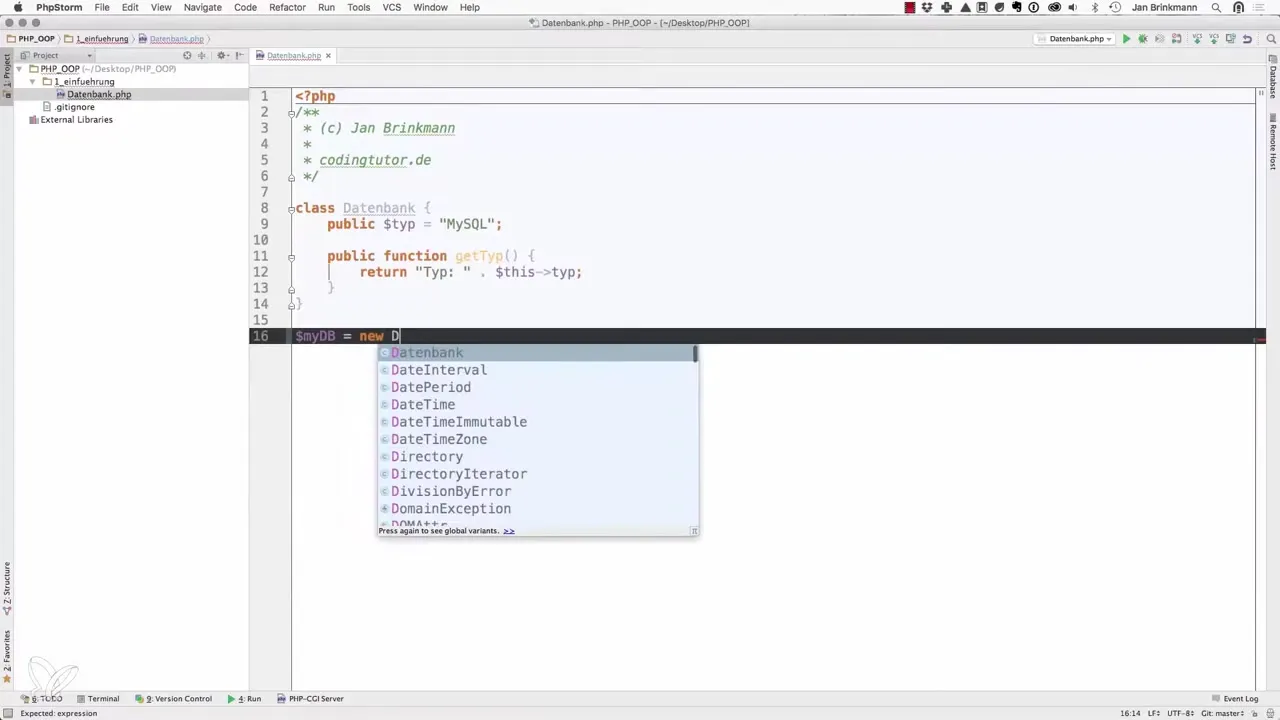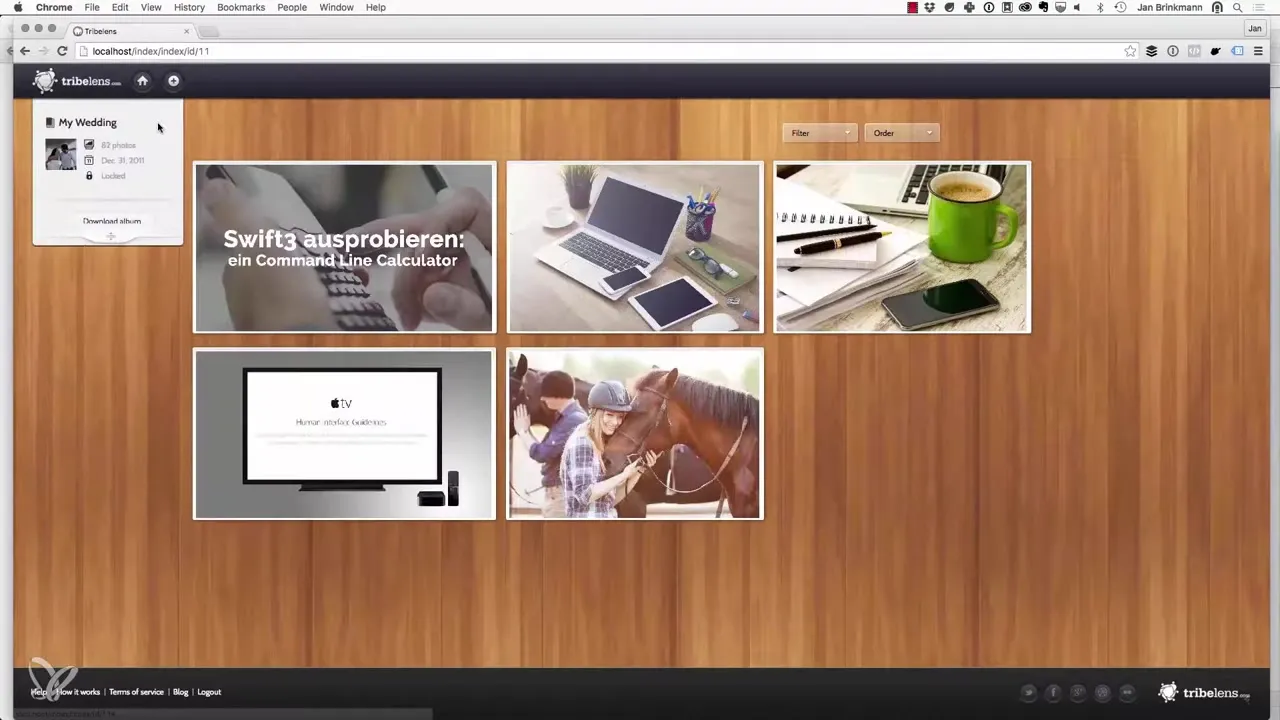Welcome to an exciting journey into the world of object-oriented programming (OOP) with PHP. In this tutorial, you will learn the fundamental concepts of OOP and apply them using the practical framework PRP7. Whether you are an aspiring developer or just curious about programming, this tutorial offers you valuable insights and skills.
Key Insights
Object-oriented programming is a fundamental concept in software development. With the learned basics and advanced techniques, you are capable of developing structured and maintainable applications. In particular, the focus on design patterns and the functionality of modern frameworks will help you make your projects more efficient.
Step-by-Step Guide to Object-Oriented Programming
Introduction to Object-Oriented Development
At the beginning of your course on object-oriented development with PRP7, you will be introduced to the fundamental principles. You will learn about the various aspects of OOP and how they are applied in modern development environments. This includes concepts such as classes, objects, inheritance, polymorphism, and more.

The Necessity of the Mindset
Understanding the object-oriented mindset is crucial for effective programming. You will learn how to transform your problems into object-oriented structures. This mindset will help you not only when coding but also when planning and executing software projects.
Important Fundamentals of OOP
In this section, you will learn the essential fundamentals of object-oriented programming. This includes the definition of classes and objects as well as the implementation of methods and attributes. You will understand the importance of encapsulation and how it helps keep your data organized and secure.

Advanced Concepts and Design Patterns
After becoming proficient with the basics of OOP, the next step is to learn advanced concepts. Design patterns are effective solutions for common design problems and will help you write reusable and maintainable code. Here, you will learn to apply patterns such as Singleton, Factory, and Observer.

MVC Architecture and Frameworks
Another key to understanding object-oriented programming is the Model-View-Controller (MVC) architecture. You will learn how modern frameworks like Symfony and others use this pattern to make development more efficient. The MVC approach separates the application into three main components and facilitates the maintenance and extension of the software.
Conclusion and Outlook
At the end of this course, you will be equipped with solid knowledge of object-oriented programming using PRP7. You are now ready to put the skills you have learned into practice and take your projects to the next level. Remember that continuous learning and practice are key to success in software development.
Summary – Object-Oriented Programming: Basics and Practice with PRP7
In the tutorial, you have learned the basics of object-oriented programming and familiarized yourself with important concepts such as classes, objects, design patterns, and the MVC architecture. This knowledge will help you develop more effective and maintainable software.
Frequently Asked Questions
What is object-oriented programming?Object-oriented programming is a programming paradigm that uses classes and objects to structure and organize software.
How does PRP7 help me?PRP7 is a framework that facilitates the development of PHP applications and supports the principles of object-oriented programming.
What are the advantages of the MVC architecture?The MVC architecture separates the user interface, the data, and the business logic, simplifying the maintenance and development of applications.

